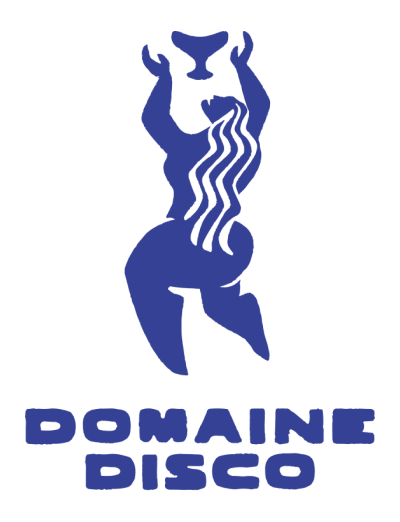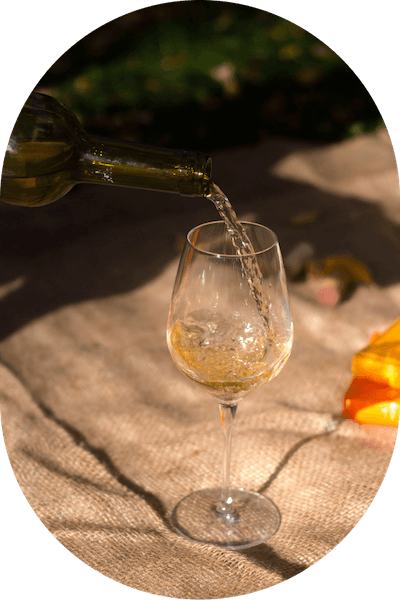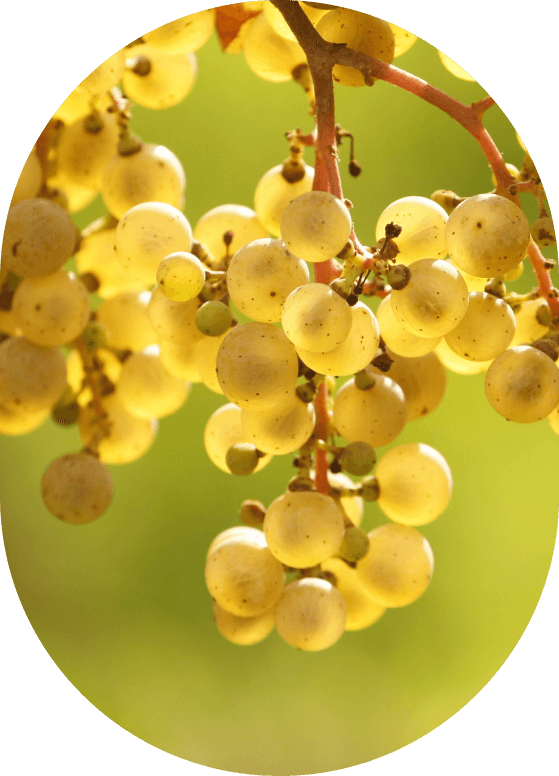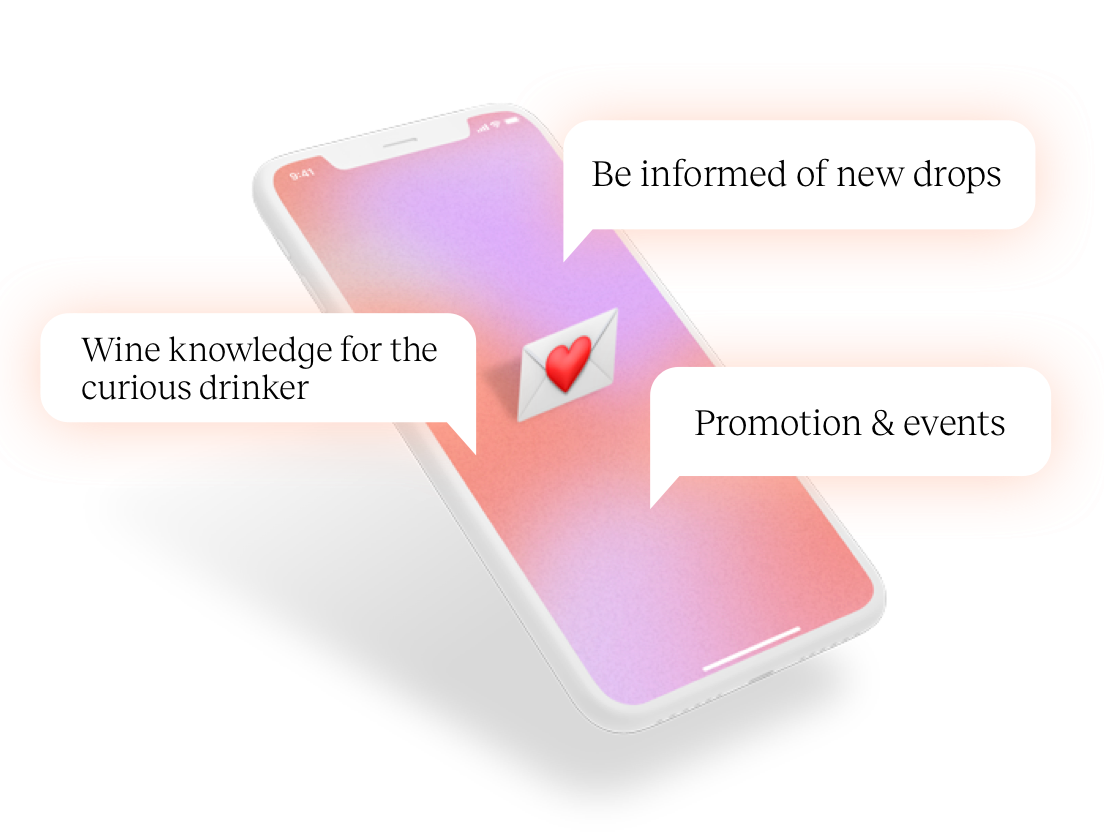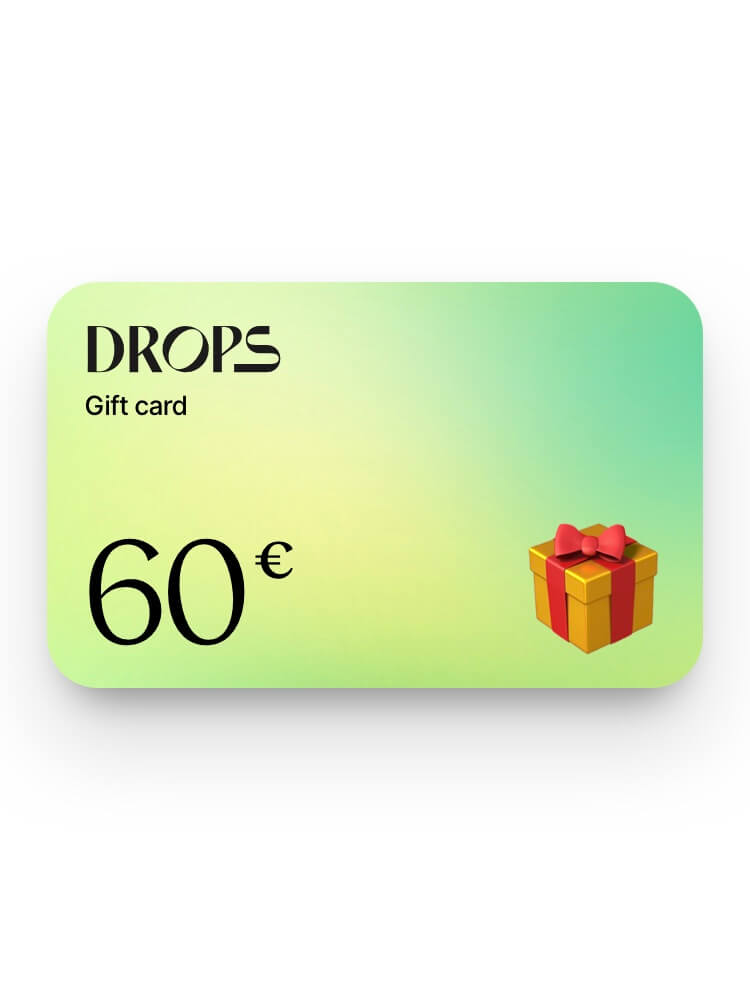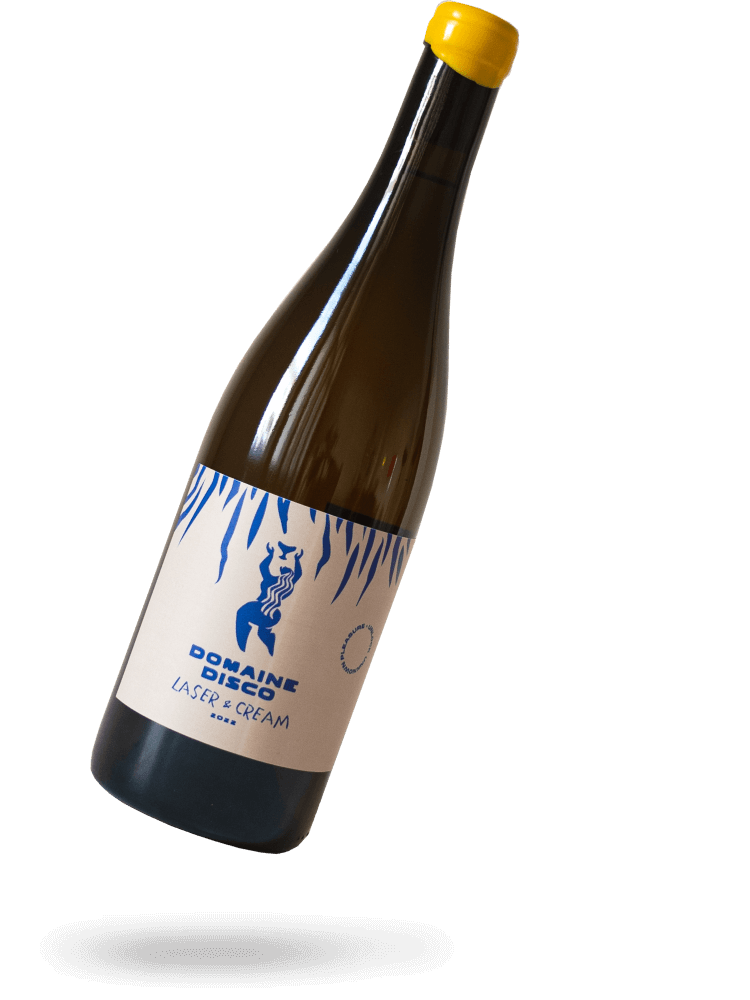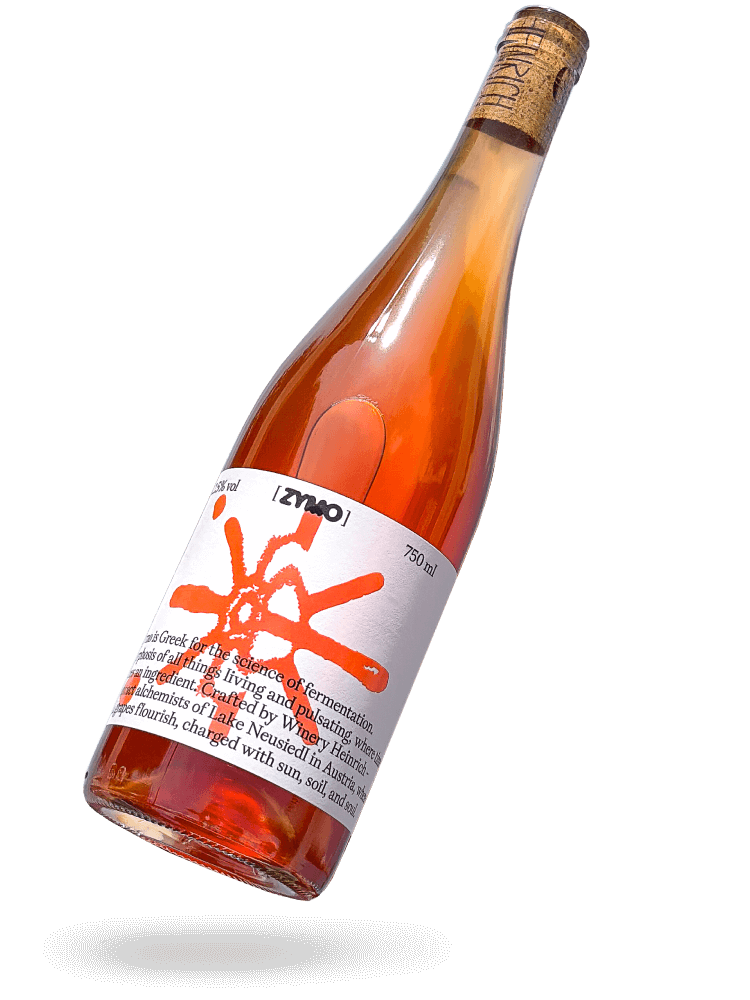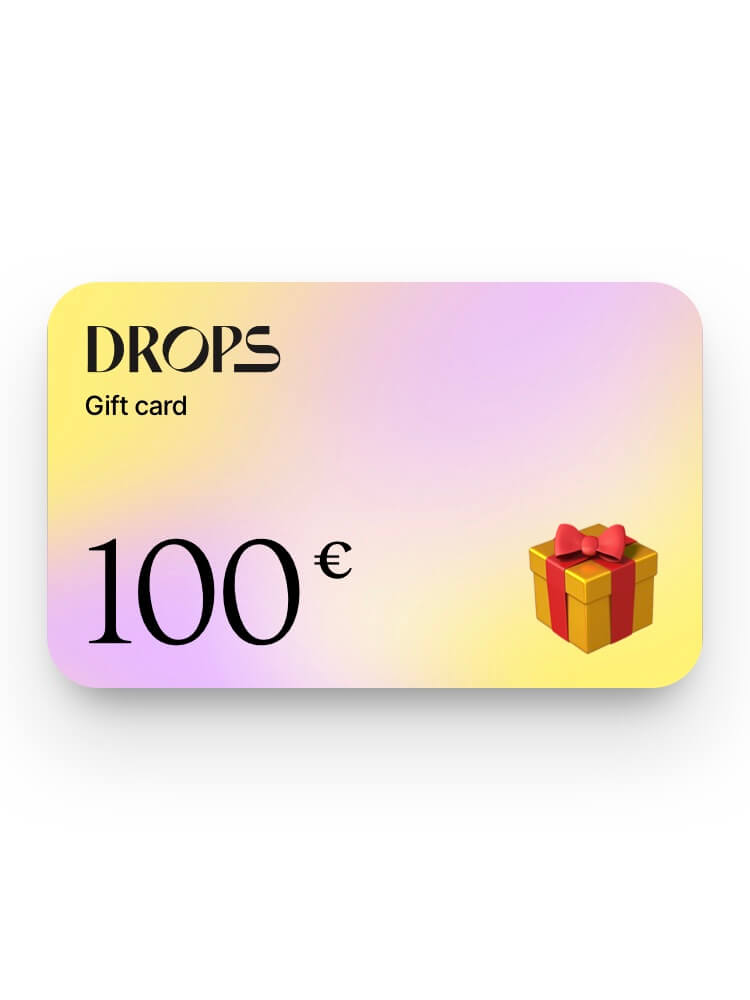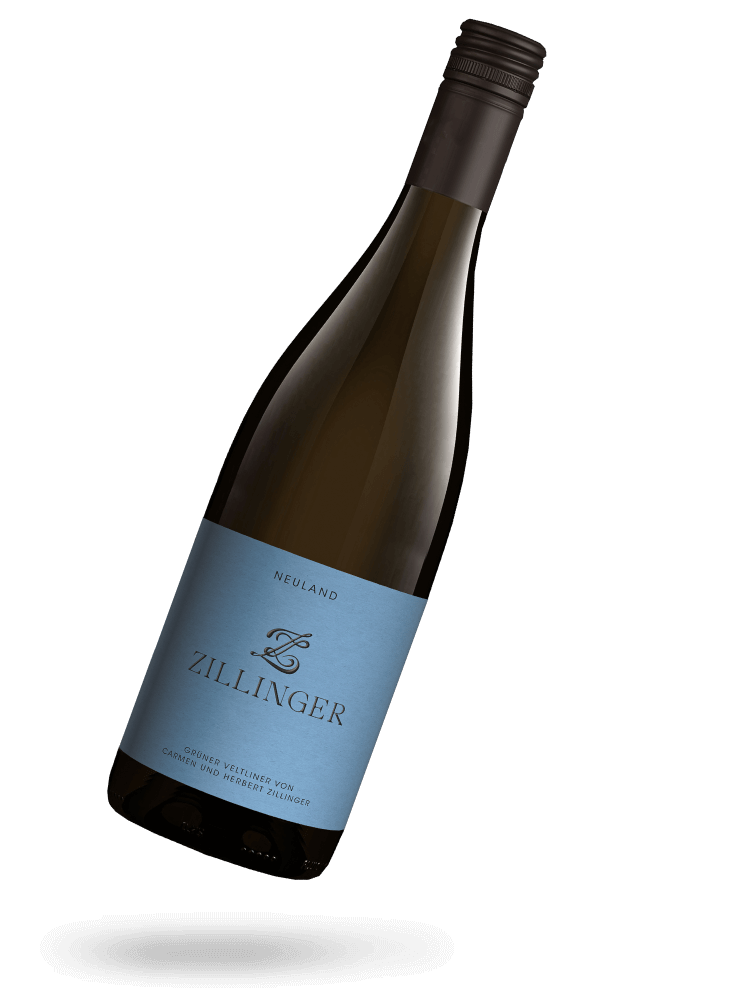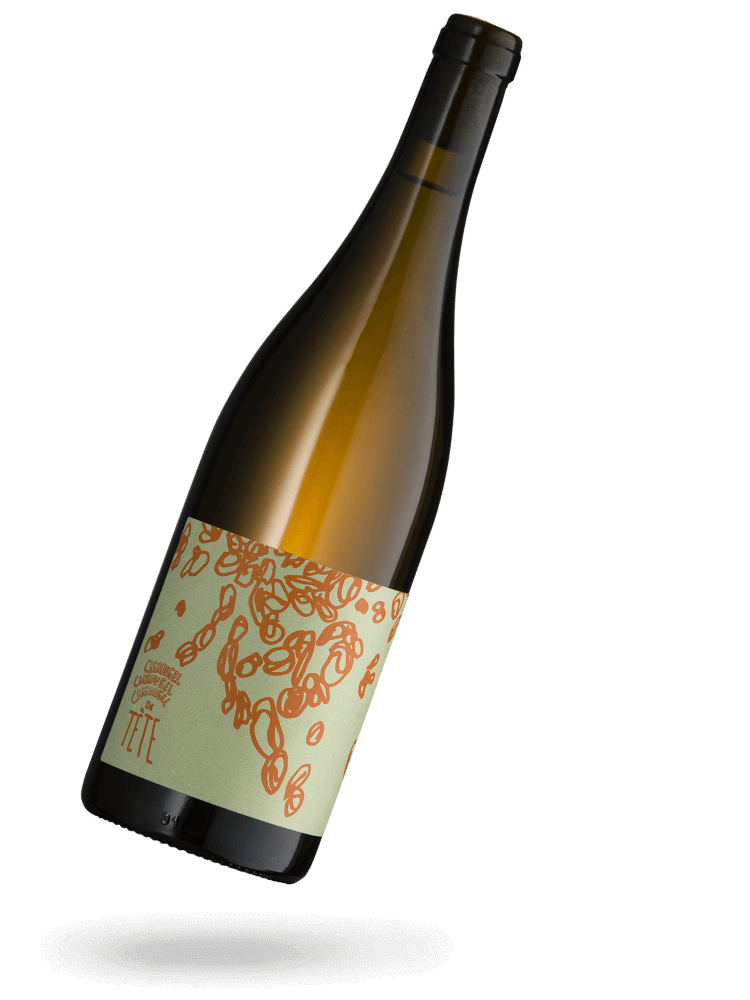The origin of the biodynamic idea
The biodynamic idea originated in Germany, thanks to none other than Rudolf Steiner. Natural wine, on the other hand, was almost nowhere to be found in Germany. As in neighbouring Switzerland, winemakers and consumers have remained wedded to an outdated, sterile idea of perfection in oenology, with the result that the aesthetics of natural wine have only gained in importance in Germany in the last ten years. The first beginnings of natural viticulture in Germany only occurred in the late 2000s among some Moselle winegrowers who were encouraged by Scandinavian sommeliers and wine buyers.







